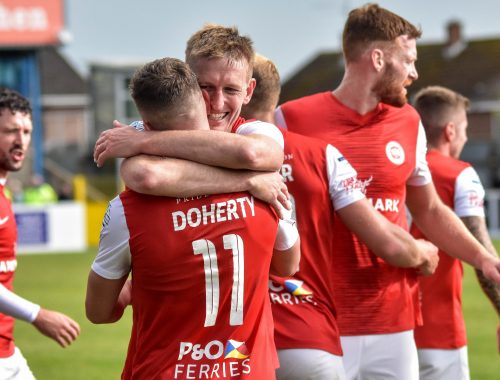Take Every Opportunity.
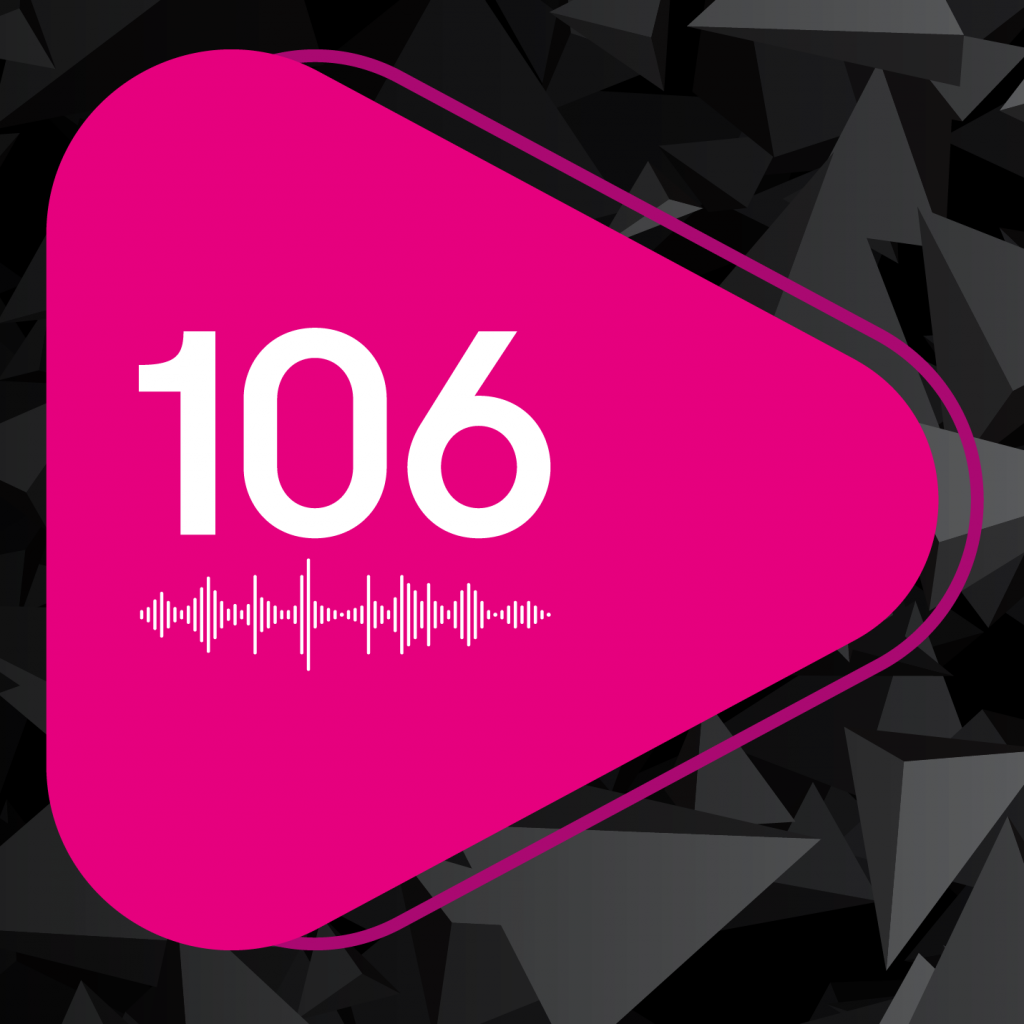
I’ve always had my sights set on working at a radio station after I completed my degree, or at least something along the lines of content creation so I thought there would be no better place to start than searching for a radio station to get involved with.
Finding my Placement

Prior to my placement, I had some useful opportunities to get involved in radio, I had a radio and podcast module which really helped open my eyes. But there was also a radio event run by Queens Radio where there was a panel of different radio presenters from different stations and the one thing that stood out most from the panel was every single one of the presenters said getting into radio, there’s no one way to get into it. Some people start off as DJs, some people have contacts, some started off in community radio. But each one said that having contacts in the industry is so important because of where it can lead you. I took this on board and created a LinkedIn account. I had no idea how to use it but somehow it helped me gain new connections, connections including Cool FM presenters and BBC journalists which is was I set out to do! LinkedIn was where I found my radio station, Blast106. Finding my placement was very informal, it was more of a conversation than an interview and a CV handover, which suited me as I didn’t really have any radio experience other than a single module in the second year of my degree. I have a little bit of content creation experience as I work as a Content Creator for Queen’s University, but obviously this is very different from radio presenting! I contacted a number of different stations, some big, some small but Blast106 made time for me and talked to me about what I wanted to achieve, the music I liked and some of the well-known Northern Ireland names to come out of their radio station such as Curtis McCosh (Cool FM) and Connor Coates (Cool FM/BBC Radio 1) and that’s what I looked out for.
How did I feel?

I was ecstatic to get into the radio scene, it had been something I had been trying to do for a while and it came up at just the right time. But I had no idea what was coming my way. I had so much legal material to learn for my training mostly from the OFCOM Broadcasting Code. I had 6 Modules to learn before I started my placement so there was a lot of work involved in understanding the rules and regulations of radio but then obviously how to successfully present a show, at that point I realised I had gotten myself into something I knew absolutely nothing about! I also had to send them a demo, something I had never done before so that was a bit nerve-wracking so already had research to do before I even got started! Radio and Telly’s website steered me in the right direction with their blog for Advice on Creating a Radio Station Demo Tape. The first 30 seconds are the most important, that’s how long I had to really sell myself, something I’m not good at, at the best of times! But I knew when it came to work, people can train you and they can tell you what to do but it’s down to you to put the work in to make yourself better and that’s what I knew I had to do. While researching how to prepare myself I found useful information on Radio.co’s website on their How to Become a Radio Presenter: Secrets Revealed. David Wilkinson says that there are “5 rules of radio presenting.” These are to “prepare beforehand, be authentic, talk to one person, have something to say and to air check shows” This was valuable to me as it is giving me a basis on how to start my presenting.
What do I want from life?
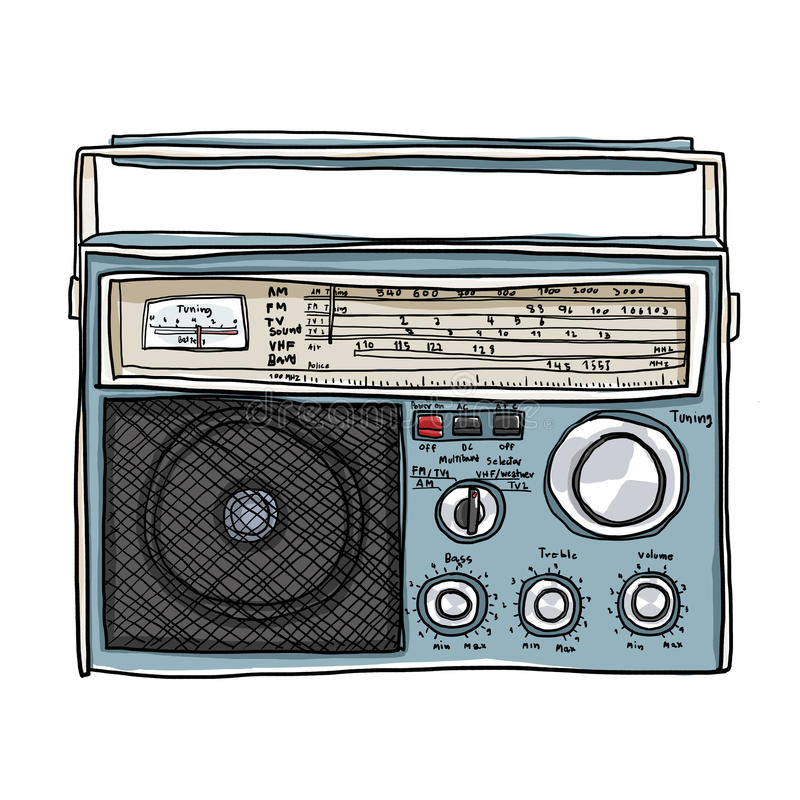
For me, one of the most important things in life is knowing where I’m going, what I want to get out of my life, and what I can look back on and think “yeah I did that”. Everyone has an image they want their life to look like as do I. But the truth is, I can’t get there unless I work for it. My route is so much more less traditional than that of my friends and family members and this ends up being that no one understands how to support you, and that can be very difficult especially when you need help or guidance. But I Found the book Don’t Get a Job… Make a Job very appealing to this, during the ‘Swim against the tide’ case study they pointed out to “Look at what everyone else is doing and go the other way – seriously. There are too many people following the same path. You are creative – swim the other way”. I LOVE it! I always beat myself up thinking ‘I shouldn’t be doing this, I’m not good enough’, but I am and that’s something I must work on every day to overcome that feeling.
“Success is no accident. It is hard work, perseverance, learning, studying, sacrifice and most of all, love of what you are doing or learning to do.”
— Pele, Brazilian soccer player
conclusion
To conclude, I think this experience in the workplace will benefit me greatly in the future, I understand the importance of trusting my own vision and its something I will continue to work on during this placement. I need to remember that just because my path is a bit different from everyone elses, doesn’t make it any less valuable and to take every opportunity that comes my way!
Bibliography
Barton, G., 2016. Don’t Get a Job… Make a Job. London: Laurence King.
Telly, R. a., n.d. Radio and Telly. [Online]
Available at: https://www.radioandtelly.co.uk/workinradio.html
Wilkinson, D., 2021. Radio.co. [Online]
Available at: https://radio.co/blog/how-to-become-a-radio-presenter
The Integrated Reflective Cycle (Bassot, 2013)
You May Also Like
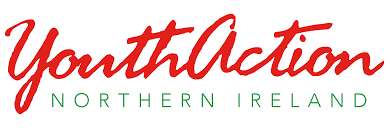
Securing a Placement: An Observation in Timing and Luck
25 November 2022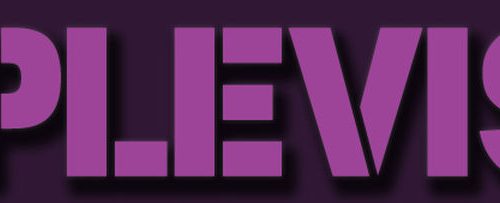
Securing My Placement: The Humbling Experience of Film Industry Rejection
24 November 2022